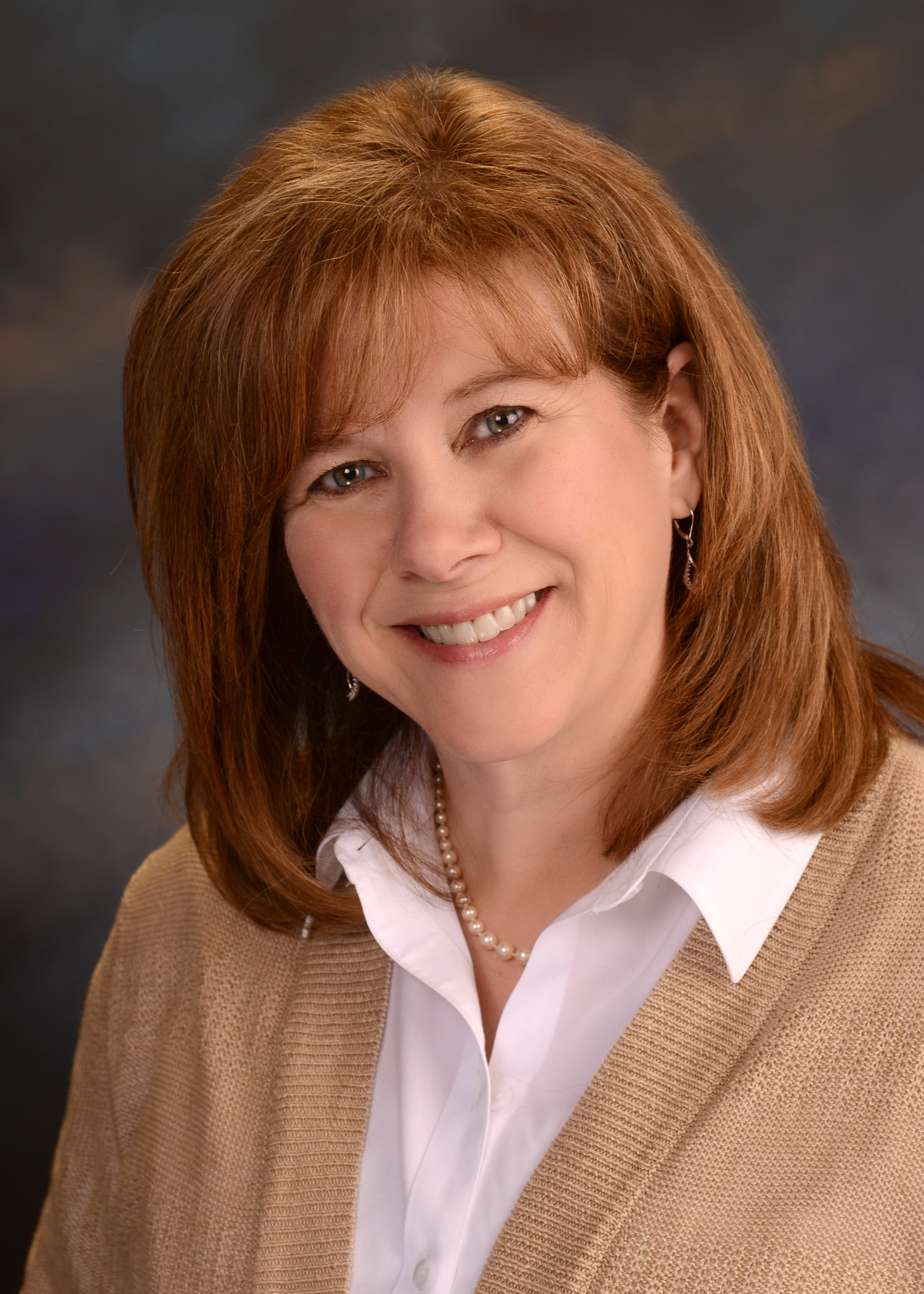Am I Too Shy to Lead?
True leadership stems from individuality that is honest and sometimes imperfectly expressed. Leaders should strive for authenticity over perfection.
Imagine this: You are working toward a leadership position and have all the necessary qualifications and experience, but you are also shy. You’re in a brainstorming meeting with your department and have an idea that would solve the problem, but it’s totally different than what has been proposed so far. Do you speak up or stay quiet? Do you even have a chance at that leadership position if you are too shy to share your idea?

Society has long had a bias (https://execed.economist.com/career-advice/career-hacks/leaders-consider-your-introverts) that great leaders must be bold or assertive rather than shy or introverted. But both history and research have shown us that shyness can shine in leadership roles and brings a value that assertiveness may lack.
Shy Versus Introvert
Shy is a word we often use to describe (https://hbr.org/podcast/2020/10/too-shy-to-be-a-leader?MessageRunDetailID=3564043503&PostID=20941847&utm_medium=email&utm_source=rasa_io) someone with introvert tendencies, but the two are not synonymous. Of course, you can be both shy and introverted, but shyness (https://www.verywellmind.com/introversion-and-shyness-explained-3024882#:~:text=Shyness%20and%20introversion%20are%20commonly,be%20alone%20to%20gain%20energy) is a fear of negative evaluation and, in some instances, is a milder form of social anxiety, whereas introverted people (https://www.verywellmind.com/introversion-and-shyness-explained-3024882#:~:text=Shyness%20and%20introversion%20are%20commonly,be%20alone%20to%20gain%20energy) enjoy time alone and get emotionally drained after spending time with numerous people.
Whether you lean toward shyness or introversion (https://www.quietrev.com/are-you-shy-introverted-both-or-neither-and-why-does-it-matter/), the leadership world needs people like you. About 70% of CEOs (https://c-suitenetwork.com/advisors/successful-introverted-ceos/) self-identify as introverts. That list includes (https://online.lsus.edu/articles/business/why-introverts-make-good-entrepreneurs.aspx) Andrea Jung, Bill Gates, and Warren Buffet, among other prominent leaders in business.
The World Needs Shy Leaders
Shy and introverted people tend to be incredibly (https://www.linkedin.com/pulse/20140715132828-1052611-stop-observe-and-listen-introverts-have-skills) active listeners. They’re skilled in observing (https://econtent.hogrefe.com/doi/full/10.1027/1864-9335/a000332) and identifying character traits in others, which helps them to successfully lead various personality types. Introverts are also more likely (https://www.tandfonline.com/doi/abs/10.1207/s15327906mbr3902_8) to be honest and humble, show greater receptivity (https://hbr.org/2010/12/the-hidden-advantages-of-quiet-bosses) to suggestions from others, and often take a moment to process their thoughts before acting. Additionally, shy and introverted people tend to be more self-sufficient and independent (https://www.scientificamerican.com/article/the-power-of-introverts/).
Be an Effective Shy or Introverted Leader
Find a mentor. Mentoring has a direct effect (https://journals.sagepub.com/doi/full/10.1177/0894845316633788) on career success, but shy people are less likely (https://artofmentoring.net/the-importance-of-formal-mentoring-for-high-potential-introverts/) to seek out mentors on their own. A formal mentorship program can help you overcome that. If your institution doesn’t already have a mentorship program in place, you can join the ONS mentor program (https://www.ons.org/make-difference/teach-and-mentor).
Find time for yourself. To avoid burnout or increased stress, introverted leaders should prioritize time to recharge during the day. Block out some time before or after high-stakes meetings, even if only for some deep-breathing exercises (https://www.uofmhealth.org/health-library/uz2255). Make sure to keep this time as a definite part of your schedule.
Do what makes you comfortable. Many organizations promote an open-door policy, meaning that team members can just pop in at any time during the day. If that’s too stressful for your shyness or introversion, try scheduling one-on-one meetings. Your colleagues will understand you’re interest in them while you maintain your comfort (https://www.forbes.com/sites/kevinkruse/2016/05/02/close-your-open-door-policy-and-do-this-instead/?sh=35966cca7d2c).
Resources
One of the most popular books about introverts and leadership is Quiet by Susan Cain (https://www.nextavenue.org/a-shy-persons-guide-to-getting-a-mentor/). Cain talks about the “power of introverts in a world that can’t stop talking,” and I find it very inspirational. Since the book’s release in 2012, other writers (https://bookriot.com/10-life-changing-books-for-introverts/) have built on the strengths Cain outlines: being thoughtful, introverted, and reflective in leadership.
In Positive Intelligence, Shirzad Chamine (https://www.positiveintelligence.com/) shares ways that introverts can move beyond other people’s negative perceptions and instead focus on their own positive traits.
If you have been diagnosed with social anxiety, your organization’s professional services department can guide you toward solutions to achieve your goals. Mental health professionals can also support you in navigating an extroverted world. Please seek professional help if you feel alone or overwhelmed.
Great leaders don’t always need to be perfect based on others’ standards, but our leadership does need to be diverse. As long as your approach to leadership is genuine and authentic, you can find your voice, even if it’s soft spoken. Introverts have power, and many organizations are in desperate need of the qualities you bring to the table. Your leadership position awaits!
